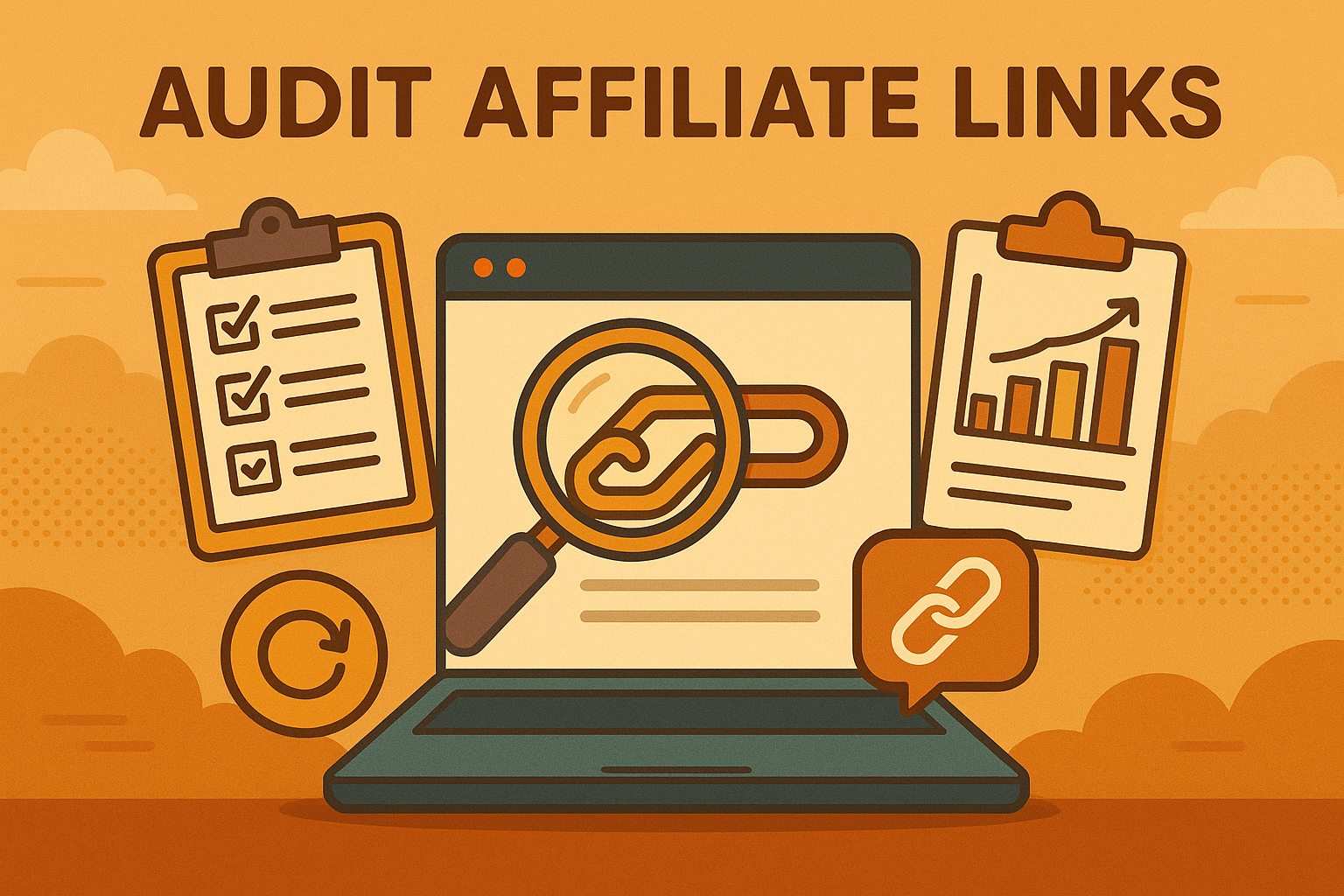
Affiliate de-cloaking : how to discover affiliate violations
08/12/2025
—
Samir BELABBES

How to audit affiliate links : a complete guide for marketers
01/12/2025
—
Samir BELABBES